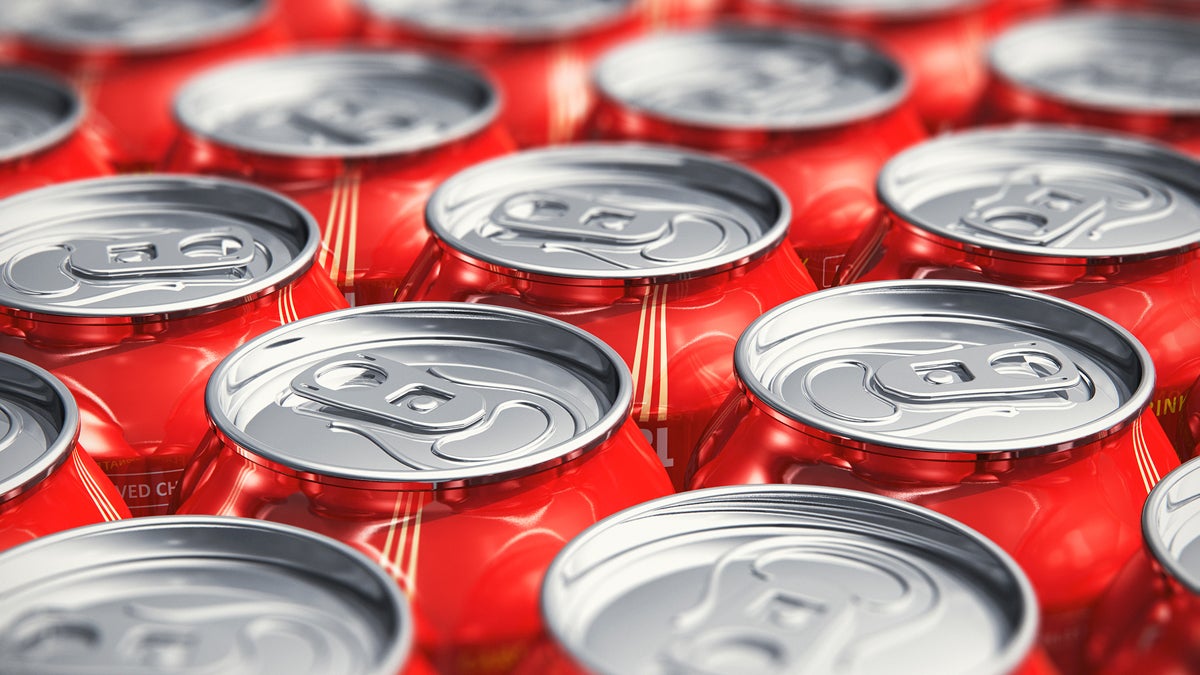Philly’s soda tax will benefit the poor, not punish them

When the Democratic frontrunners for the presidential nomination visited Pennsylvania, they put themselves at the center of the soda tax debate.
Hillary Clinton enthusiastically threw her support behind Mayor Jim Kenny’s proposal as a means to fund universal pre-K programs for families living in Philadelphia. Vermont Sen. Bernie Sanders, on the other hand, saw disaster lying in wait for his fellow Americans.
In an April 24 op-ed, Sanders said the proposed tax would “disproportionately affect low-income and middle-class Americans,” and suggested raising taxes on the city’s wealthiest residents instead.
What Sanders, with his privilege as a white man with disposable income, fails to see is the potential to drastically reduce the harmful impact of sugar on low-income families and young people. The fact is that soft drinks, juices, and other sweetened beverages are cheap and more widely available in stores around the city.
By attaching this tax to drinks with astronomical amounts of sugar, Kenny’s plan would not only fund education, but it would also help turn the tide of the obesity and diabetes epidemics that are disproportionately affecting African-American and Hispanic Philadelphians.
A business tactic-turned-health crisis
In 2014, three organizations joined forces to study the advertising trends of companies that produce sugary drinks, fast food, and high-calorie snacks: the Rudd Center for Food Policy & Obesity at the University of Connecticut, the African-American Collaborative Obesity Research Network, and the University of Texas Health Science Center at San Antonio.
Their joint report revealed that African-American children and teenagers were twice as likely to see TV commercials for soft drinks and fast food compared to white children, while three well-known brands — 7 Up, Kraft mayonnaise, and Fuze iced tea — advertised frequently on Spanish-language TV stations while skipping English-language channels altogether.
While the researchers did not outright condemn these companies for choosing to direct their advertising at particular ethnic groups, they did consider the ads a significant contributor to health disparities in the African-American and Hispanic communities.
The marketing-to-kids-directly strategy extends to the web, too. Children and teens are now increasingly seeing ads for fast food and soft drinks on Facebook and websites geared toward their interests, like Nickelodeon (which currently features an ad for Kraft macaroni and cheese shaped like SpongeBob SquarePants and Teenage Mutant Ninja Turtles front and center). Online games like Candy Crush don’t help matters.
It’s hard to argue with these studies. When you’re bombarded with thousands of advertising messages every day, and a majority of those messages are about foods laced with high levels of sugar, salt, and fat, why wouldn’t your first inclination be to reach for them?
When ‘cheap’ equals ‘unhealthy,’ taxation can be a motivation to change
Beyond the reach of advertisers, low-income and middle-class families and young people are more likely to reach for a soda because soda is cheap and widely available. My heart belongs to Fiji water (and always will), but when Wawa tempts me with an offer of two Snapples for $2.22, I’m powerless to resist. A soda tax would be enough to convince me to start carrying a water bottle with me 24/7 to save money.
Denmark had a similar thought about taxation 40 years ago, when cars were clogging up roads, causing countless accidents, and emitting harmful gases into the air. The Danish government decided to impose a 180 percent tax on car purchases to reduce the amount of cars on the road, which convinced more Danish citizens to rely on bicycles and public transit to get around.
Now, 45 percent of Danes ride a bike to work or school. This decline in car use has also decreased car accidents and allowed citizens to enjoy http://denmark.dk/en/green-living/bicycle-culture/how-denmark-become-a-cycling-nation“>longer, healthier lives through regular physical activity.
Philadelphia has the same opportunity to encourage healthier choices by increasing the price of unhealthy, sugary drinks through the soda tax. When sodas, juices, and energy drinks become too expensive, consumers will choose options that are more affordable, such as buying water or investing in a water bottle. Philadelphians will reap the benefits of increased water consumption. Drinking more water improves kidney function, keeps your skin hydrated, and helps control your calorie intake.
I’m surprised Bernie Sanders doesn’t approve of Philly’s proposed soda tax. After all, it’s a plan that will provide universal education to Philly’s preschoolers and encourage healthier food choices for consumers, which would bring about healthier individuals who would require fewer trips to the doctor and decrease healthcare spending.
And it’s an idea right at home with his favorite democratic socialist model of society, Denmark.
WHYY is your source for fact-based, in-depth journalism and information. As a nonprofit organization, we rely on financial support from readers like you. Please give today.

